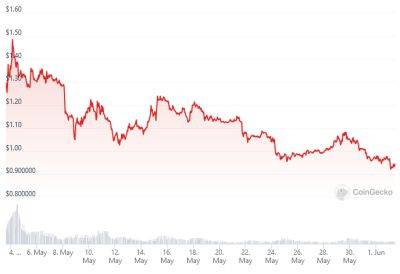‘Regulatory void’: online gambling firms accused of exploiting lucrative African markets
One morning in June 2021, Kettie Bonongwe* was at home in her village in northern Malawi when she was told that the body of her 16-year-old son, Wati*, had been found. He had killed himself.
Bonongwe was shattered. “I never expected anything like this to happen,” she says. “It was heartbreaking for so many reasons.” She knew, however, what had pushed him to take his own life.
“I blame betting for his death. If it weren’t for betting, he would still be alive,” she says.
Wati had been gambling every day for at least a year, Bonongwe believes. His performance at school had dropped, and he wasn’t contributing as much to the household finances. In the days leading up to his death, he was being chased for outstanding debts.
A report by researchers from the Malawi Epidemiology and Intervention Research Unit (Meiru) came to the same conclusion. In interviews with Wati’s mother, uncle and best friend, it emerged that Wati had stolen money from informal employers to fund his gambling on two occasions, lied to hide his habit, lost a job, damaged relationships and was distressed when he lost money.
His best friend suggested he was “addicted” to gambling and that circumstances leading up to his death tallied with research which has outlined how problem gambling can lead to suicide attempts.
Malawi has seen rapid growth in gambling since 2015, driven primarily by products from Premier Bet, launched by Editec, a company with offices throughout Europe, including the UK. It currently operates in 15 countries in sub-Saharan Africa. Wati was known to use its services.
“This company has brought me misery,” says Bonongwe. “People are dying, there are social problems, families are breaking down. If it was my choice, I would love to see them go. The
Read more on theguardian.com










